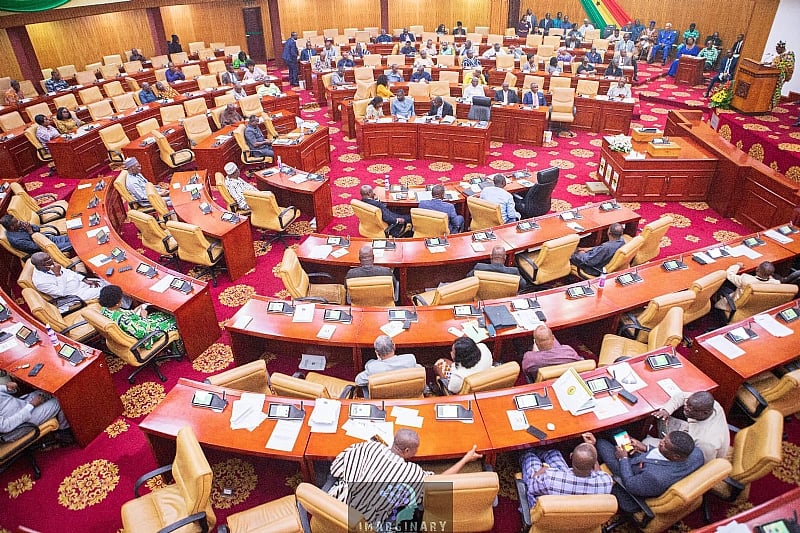The Ghanaian Parliament has approved a substantial budget of GH¢4 billion for the Ministry of Local Government, Chieftaincy, and Religious Affairs for the 2025 fiscal year. This allocation represents a significant investment in local governance, traditional leadership, and religious harmony within the country. The funds will be strategically deployed across several key areas, including the payment of allowances to assembly members and traditional authorities, two vital pillars of local administration, and the implementation of various development programs and projects under the Ministry’s purview. This budget allocation underscores the government’s commitment to strengthening local governance structures, empowering traditional authorities, and fostering interfaith dialogue and cooperation.
A key component of the approved budget is the allocation of funds for the remuneration of assembly members. This is a significant step towards recognizing and valuing the contributions of these local representatives who play a crucial role in grassroots governance. The details of the remuneration package are currently under consideration as part of the Common Fund formula, a mechanism that ensures a fair and equitable distribution of resources to local governments across the country. This incorporation of assembly members’ remuneration into the Common Fund formula signifies a move towards greater transparency and accountability in the management of public funds and ensures a consistent and sustainable source of income for these essential local leaders.
Furthermore, the allocated budget will support the operational activities of traditional authorities, recognizing their important role in maintaining social cohesion and cultural preservation. Traditional leaders often serve as mediators in local disputes, custodians of cultural heritage, and advisors on community development initiatives. By providing financial support to these traditional institutions, the government aims to strengthen their capacity to fulfill their customary roles and contribute effectively to local governance. This financial backing is crucial for preserving traditional values, promoting peaceful coexistence, and facilitating community-led development initiatives.
Another notable aspect of the 2025 budget for the Ministry is the allocation of resources for the establishment of a National Prayer Day. This initiative reflects the Ministry’s commitment to promoting religious tolerance and interfaith harmony. By designating a National Prayer Day, the government aims to create a platform for people of different faiths to come together in prayer, fostering unity and understanding among diverse religious communities. This initiative also recognizes the important role that religion plays in the lives of many Ghanaians and underscores the government’s commitment to supporting religious freedom and understanding.
The Ministry of Local Government, Chieftaincy, and Religious Affairs plays a multifaceted role in Ghana’s governance landscape. It oversees the operations of local government structures, providing guidance and support to metropolitan, municipal, and district assemblies. This includes ensuring the efficient delivery of essential services to local communities, promoting participatory governance, and strengthening local accountability mechanisms. The Ministry also works closely with traditional authorities, recognizing their unique position within local communities and their important role in preserving cultural heritage and resolving local disputes. Through its engagement with traditional leaders, the Ministry fosters a collaborative approach to governance that integrates traditional values with modern administrative systems.
In addition to its focus on local governance and traditional leadership, the Ministry also plays a crucial role in promoting religious harmony and interfaith dialogue. Ghana is a multi-religious nation, and the Ministry works to create an enabling environment for peaceful coexistence and mutual respect among different religious groups. This includes facilitating dialogue between religious leaders, promoting interfaith understanding through educational programs, and supporting initiatives that foster religious tolerance. By investing in religious affairs, the Ministry aims to strengthen the fabric of Ghanaian society and prevent religious conflicts, ultimately contributing to national unity and stability. The GH¢4 billion budget allocation demonstrates the government’s commitment to fostering inclusive and robust governance at all levels, recognizing the critical roles of local assemblies, traditional authorities, and religious institutions in nation-building.


